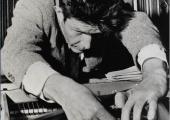Before the Revolution
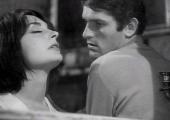

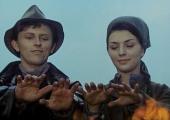
The Czech New Wave sprouted out of a fertile collaboration between film and fiction. Milan Kundera started out as a lecturer in film, lest we forget; one of his pupils was Miloš Forman. Both flew the communist nest to live and create abroad, which is why their names reverberate down the decades much more than those of the director Jiří Menzel and novelist Bohumil Hrabal, whose collaboration on Closely Watched Trains won the Oscar for Best Foreign Film in 1967.
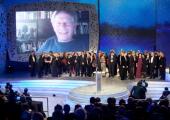
Roman Polanski’s The Ghost won five of the seven European Film Awards it was nominated for last night. It was a display of the sort of sentimental herd mentality familiar from the Oscars which the European Film Academy’s voters like to feel they are better than. Polanski himself loomed from the big screen via Skype, kept from the ceremony in Estonia’s capital by the US arrest warrant which was surely the reason for the Academy’s largesse. The director looked down on the spectacle from his book-lined study with an unlined, unmoving face, detached by more than geography, a man who had seen much better and worse in his time.
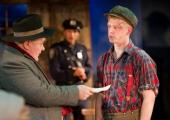
Events surrounding the birth of the unrepentantly "un-American" Marc Blitzstein's early (1936-7) shot at socially aware music-theatre prove much more interesting than the show itself. Heck, I got more out of reading the programme than I did sitting through the whole darned thing. Let's face it, Blitzstein's mostly foursquare marriage of words and music sucks. Not that the dynamic Mehmet Ergen's latest Arcola team didn't give it their best shot.

If you found yourself thinking that you were watching Mission: Impossible rather than Imagine, you could have been forgiven. Alan Yentob had clearly been banned from meeting Ai Weiwei in China, and so one of their interviews was conducted over a webcam, with Yentob sitting in the dark, like some spymaster of the arts.

Of all the schools of film which were allowed to sprout behind the Iron Curtain, it was in Czechslovakia which contrived to export its work most successfully to the West.
